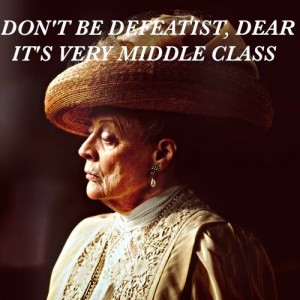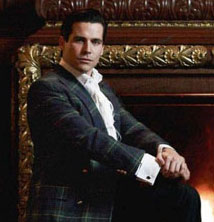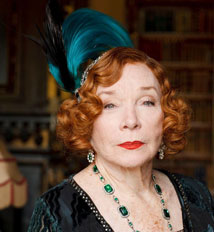Julian Fellowes Weighs In
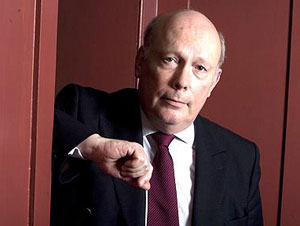 What does the creator of Downton Abbey, Julian Fellowes, have to say about some weighty issues of late, like the rape of Anna, the end of Downton Abbey and historical inaccuracies…
What does the creator of Downton Abbey, Julian Fellowes, have to say about some weighty issues of late, like the rape of Anna, the end of Downton Abbey and historical inaccuracies…
The End of Downton
Rumours hit the mill that Season 5 of Downton Abbey may be the last. Julian Fellowes plans to work on another period drama for and about Americans, The Gilded Age. The NBC commissioned series takes place from the 1870s onward, an era of great technological change and rapid economic growth. Fellowes’ project will explore the rise of nouveau rich families like Vanderbilt and Carnegie. The greedy new rich were dubbed ‘robber barons’ – they replaced the older, established aristocracy. Some describe The Gilded Age as an American version of Downton Abbey.
Unlike other shows with a team of writers, Fellowes writes Downton Abbey alone. However, he admits to bouncing ideas off his wife; she gets to read the scripts first. Fellowes sends the scripts to his agent only once they are approved by Mrs. Fellowes. The problem is that Fellowes can’t write both shows at once. And The Gilded Age is on hold until Fellowes is available to write full time.
Fellowes says, “I don’t know yet if there is a Season 6, but it’s not going to go on forever. It won’t be Perry Mason.”
The Rape of Anna Bates on Downton Abbey
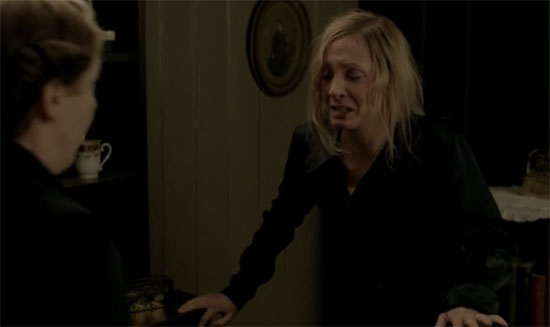
The rape episode of Downton Abbey shocked many viewers. In the UK, a warning of upsetting scenes appeared before the episode and lots of complaints were received after the episode. The rape scene was more implied than graphic, a testimony to the writing and filming of Downton Abbey that such horror was conveyed without actually showing the horror. (Ever notice that the scariest horror films never show the object of the horror because what viewers create in their own imagination is scarier than anything a movie creates.)
Julian Fellowes defends the controversial storyline. His obvious intention was the exact opposite of sensationalism and the rape wasn’t gratuitous. He confirms: “If we’d wanted a sensational rape, we could have stayed down in the kitchen with the camera during the whole thing and wrung it out.”
Fellowes explains his reasoning: “The point of our handling is not that we’re interested in sensationalising but we’re interested in exploring the mental damage and the emotional damage.”
Joanne Froggatt who plays Anna, was proud that Downton Abbey could tackle such a ‘weighty subject’.
The shocking events downstairs are historically accurate because 100 years ago, women didn’t go to the police about sexual assaults because of the stigma attached to such an attack. Men came out unscathed in an incident like Anna’s rape, but a woman stood to lose her job, her husband, everything. Downton viewers haven’t seen anything so shocking since the death of Matthew. If Fellowes’ intention was to take his viewers and his characters to the brink, he succeeded admirably.
Historical Inaccuracies
Some people like to nitpick, but come on, Downton Abbey requires a suspension of disbelief on many levels, so why expect complete historical accuracy too. Some say that Downton Abbey celebrates Edwardian opulence without showing all the period’s inequities. Fellowes makes no apologies because it’s an escapist show to the core, a highbrow soap opera. Or “history light”, as Fellowes likes to call it. Downton appeals because it’s not realistic. Fellowes explains his escapist impulses: “the “Downton” world seems like an ordered world at times, and ours feels like a rather disordered world. This is an era of insecurity, both in a very real sense for a lot of people, economically. Their jobs are either gone or insecure, and they haven’t got as much money to spend, which is very tough. And a lot of people are going through that.”

